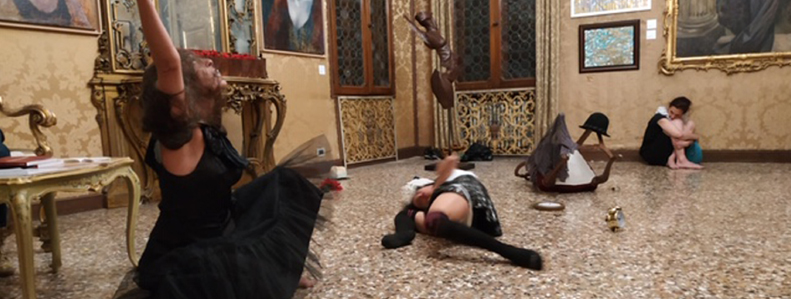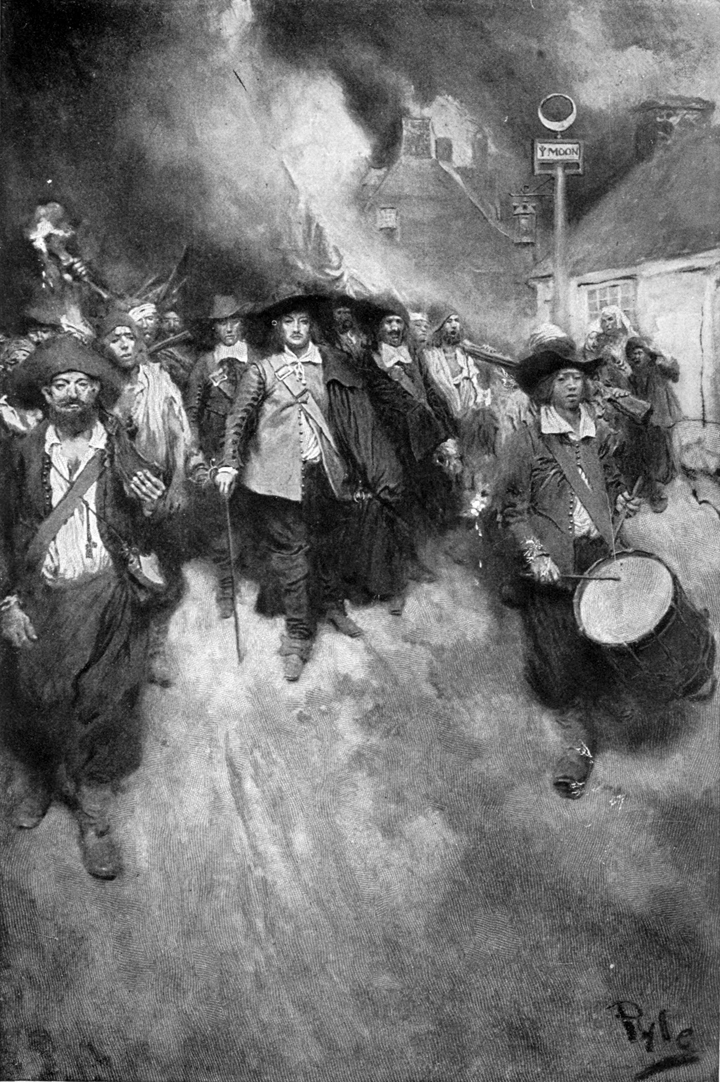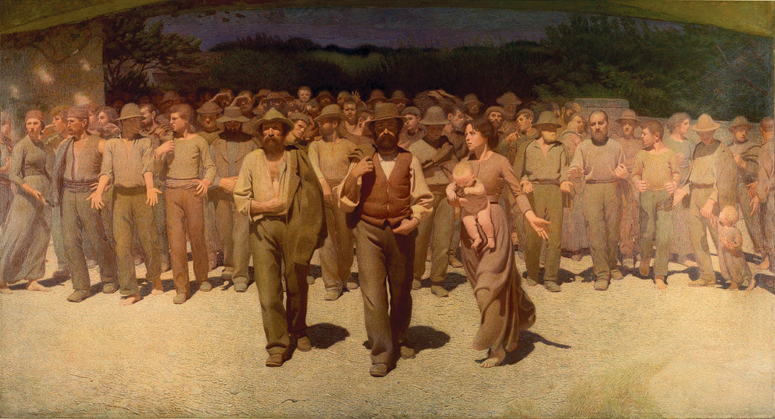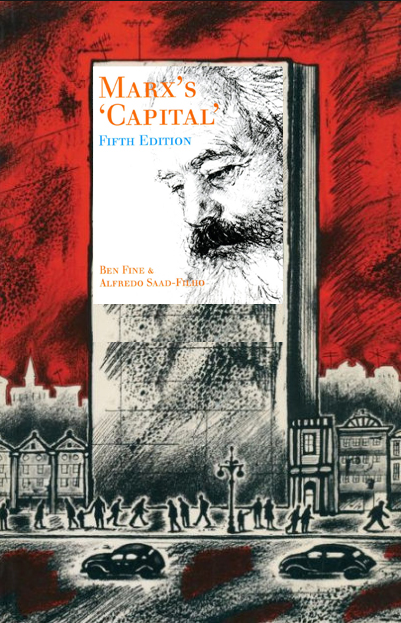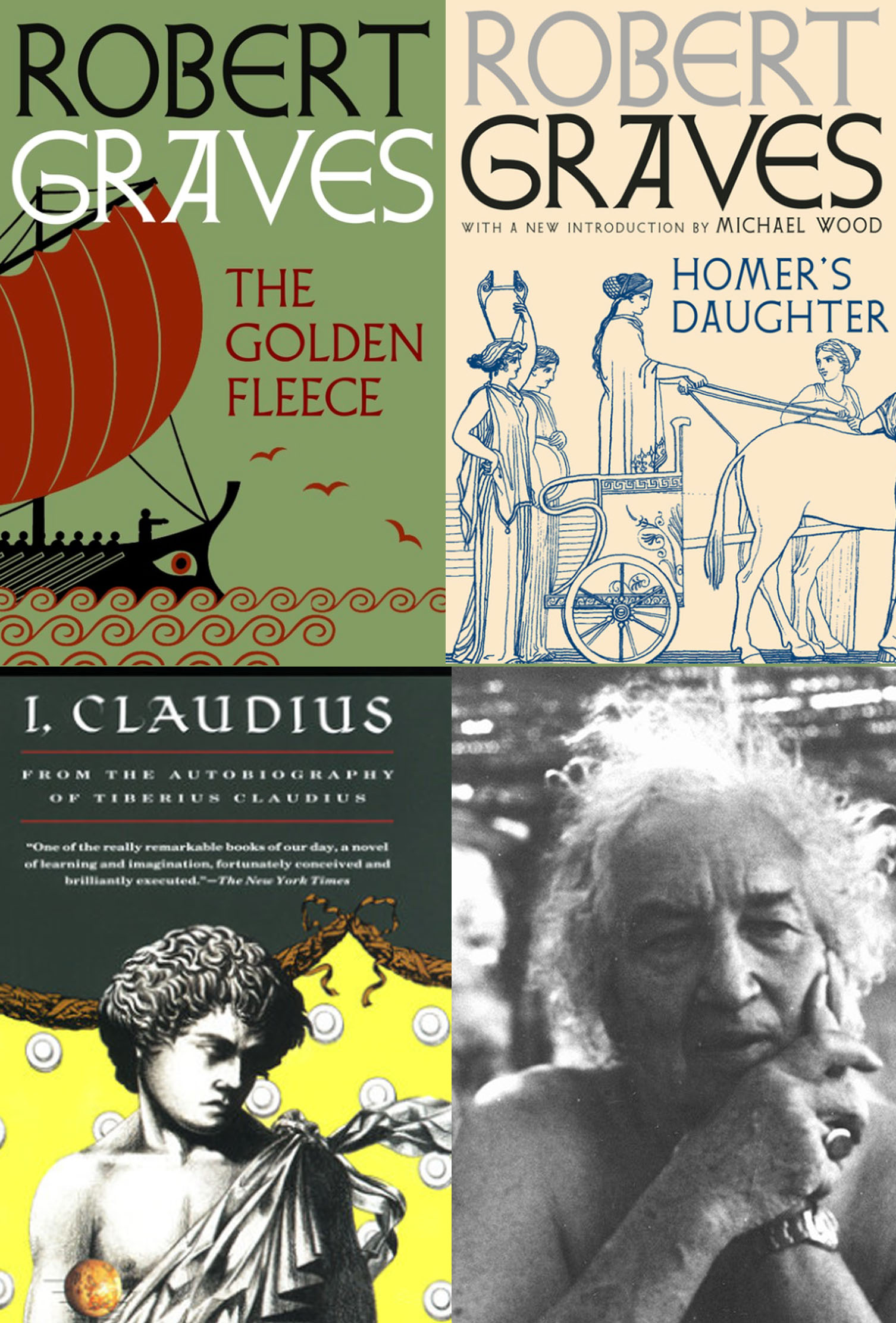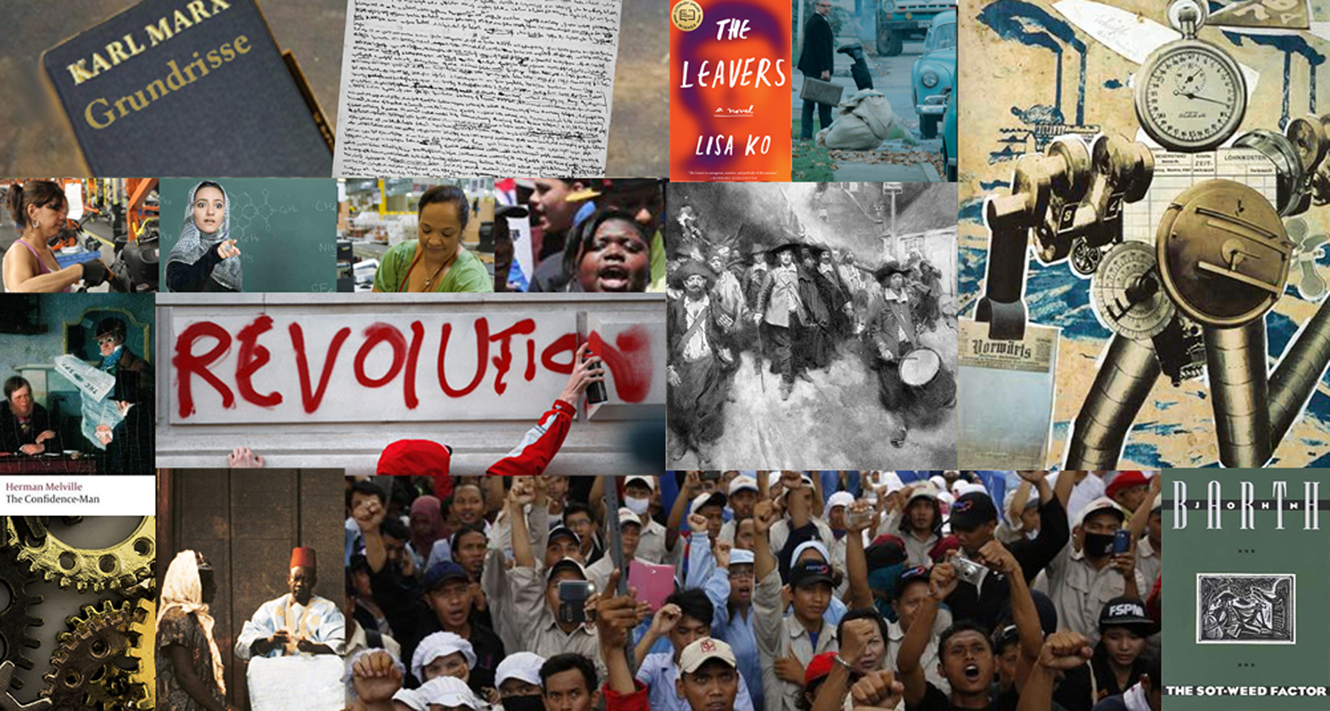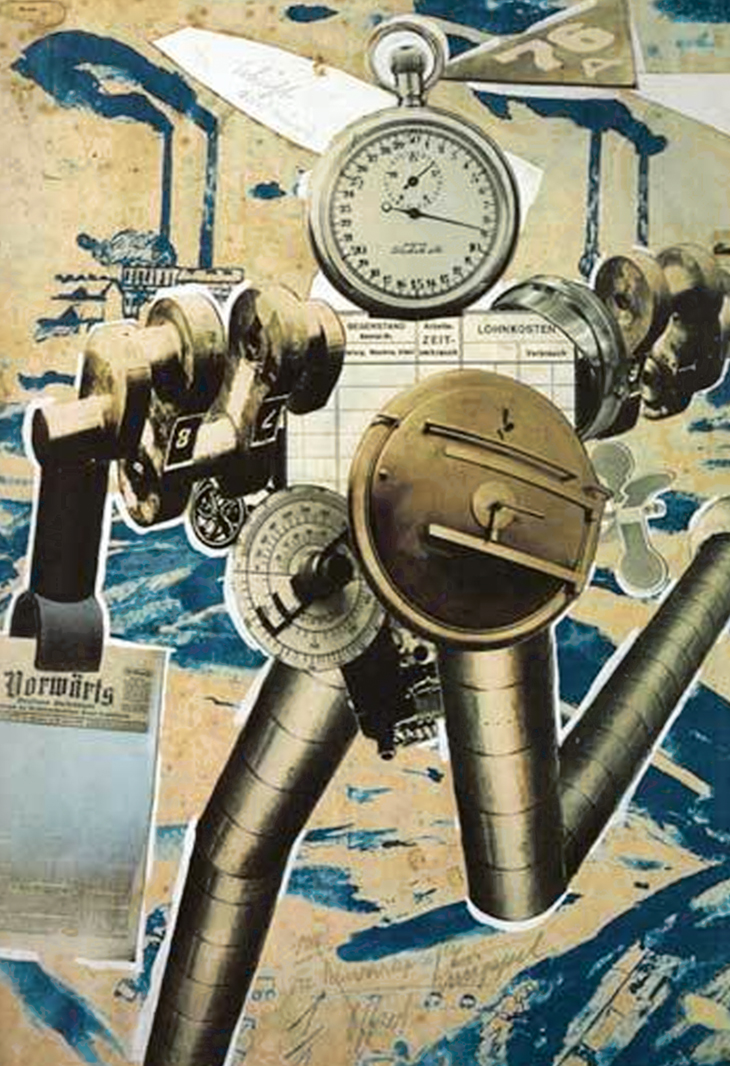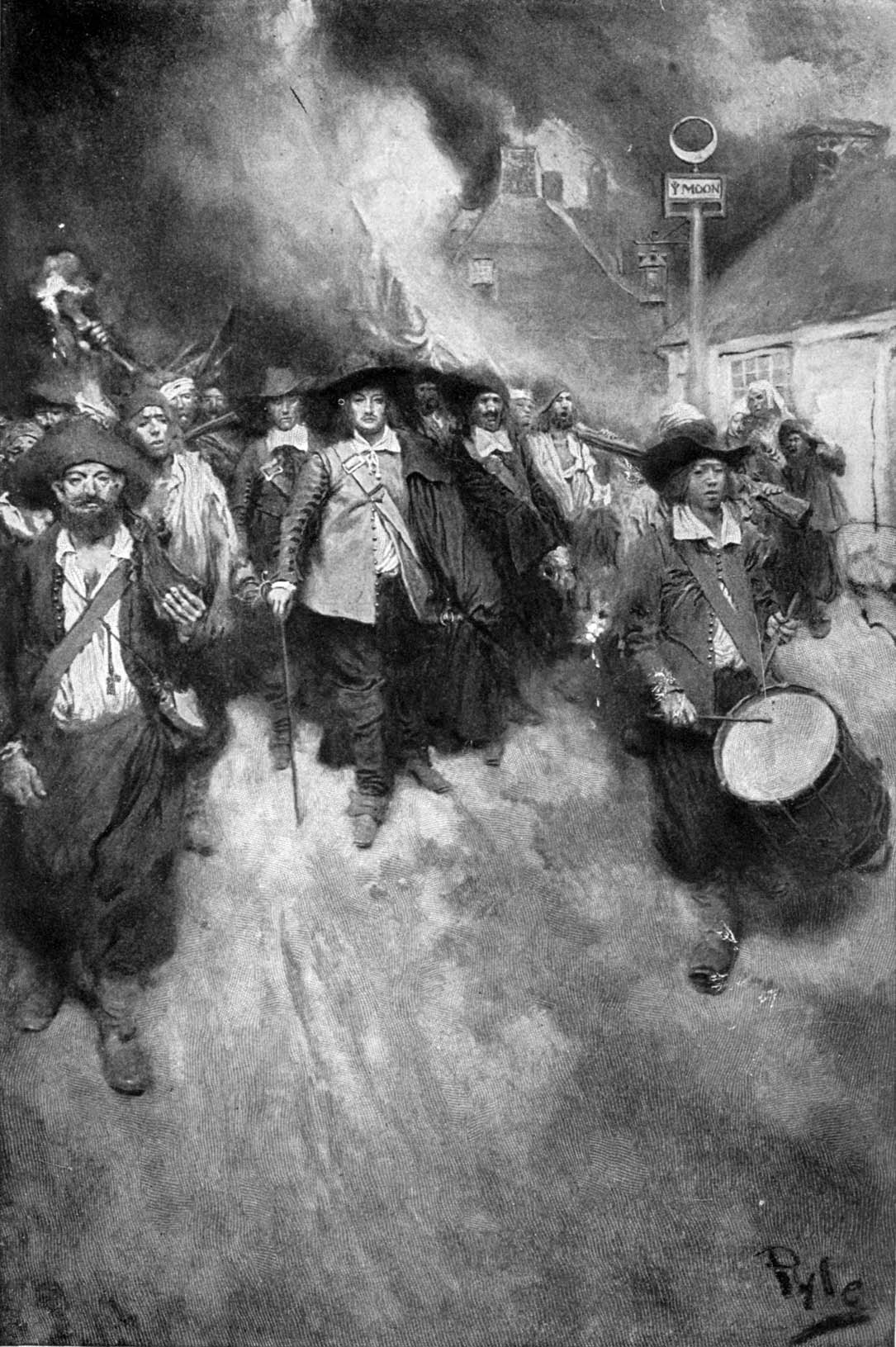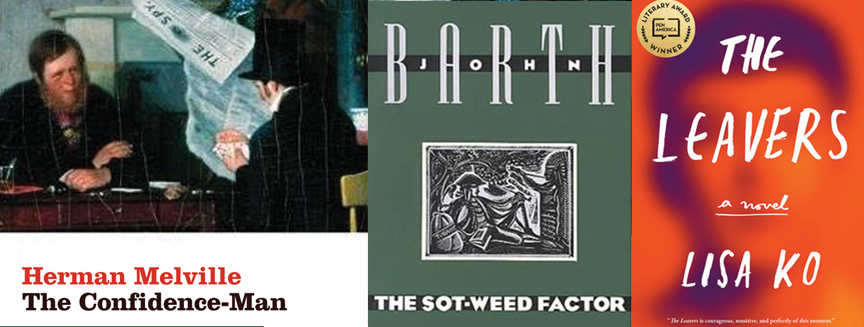Capital, Volume 2, Third Sessions
Join us as we journey through this movement from the imaginary concrete to the abstract concrete to the real concrete. Come and challenge your way of thinking and understanding the world as it appears to you and begin to identify some of what needs to be overcome and done to bring about a better world. In Volume 2 we further our ability to de-fetishize the machinations that appear on the surface of society and their real relationship to the production of wealth and the circulation of that wealth throughout all the competing capitalist interests and the various branches of capital, and the different strata of the proletariat —prices, wages, interests, rents, dividends, rates of profit, fictitious capital—while revealing the necessity of tendential contradictions that result in episodic crisis of the system leading to periodic booms and busts!
Spectatorship and Embodied Expression
New Perspectives Theatre 456-458 West 37th Street, New York, NY, United States“ritical art is a type of art that sets out to build awareness of the mechanisms of domination to turn the spectator into a conscious agent of world transformation,” writes philosopher Jacques Rancière in Aesthetics and its Discontents (2004). When as dance artists we decide to work critically with and through the body, and at the same time enter the contested field of the history of psychiatric diagnosis, our aim is to initiate spectator’s transformation. The intention is to make him/her into an active observer of the world outside a given theatrical event. For this to occur, the spectator is asked to remain attentive during a relatively short time of a theatrical event.
Foundations of American Bourgeois White Male Supremacy
The James Baldwin School 351 West 18th Street, New York, NYIn The Invention of the White Race Volumes I & II, Theodore W. Allen offers a historical materialist analysis of racial slavery; a system put in place in the decades following the second phase of Bacon’s Rebellion in 1676 when an army of European and African chattel bond laborers burnt Jamestown to the ground and temporarily drove Governor Berkeley into exile across the Chesapeake Bay. In a conscious response to labor solidarity the plantation bourgeoisie enacted a series of laws and practices in the late 17th and early 18th century which first put in place the system of white racial privileges which enabled the imposition of racial slavery and “white” male supremacy.
Bertolucci’s 1900
The thick-layered chronicle doesn't sweep across time so much as it escorts the audience through indelible composite events that bristle with personal, social, and political characteristics….Since 1900 has come to stand as an organic cinematic journey through chapters of a rich apocryphal history that evinces an ongoing struggle between the world's rich elite and everyone else.”—Cole Smithey
Capital: A Review of Volumes 1 and 2
The People's Forum 320 West 37th Street, New York, NY, United StatesIn review of Volumes One and Two of Capital and in preparation for our study of Volume 3 we will have a 4 week intersession reading from Ben Fine and Alfredo Saad-Filho’s Karl Marx’s Capital. These sessions are suggested as a good review for those who would like to join in for the coming sessions of our close reading of Volume 3 which will begin on January 18. Of course, anyone interested in a review of Capital and/or would simply like to read and discuss the Fine and Saad-Filho book are encouraged to attend as well.
Crises and Uprisings in Latin America Today
On-Line via Zoom You will receive Zoom link by email before the event., NYJoin us for a closer look at the political and economic background to dramatic recent events in Latin America, where a tremendous struggle is taking place between popular movements opposed to neoliberalism and authoritarianism, and capitalist elites determined to defend their profits and privileges.
Capital: A Review of Volumes 1 and 2
The People's Forum 320 West 37th Street, New York, NY, United StatesIn review of Volumes One and Two of Capital and in preparation for our study of Volume 3 we will have a 4 week intersession reading from Ben Fine and Alfredo Saad-Filho’s Karl Marx’s Capital. These sessions are suggested as a good review for those who would like to join in for the coming sessions of our close reading of Volume 3 which will begin on January 18. Of course, anyone interested in a review of Capital and/or would simply like to read and discuss the Fine and Saad-Filho book are encouraged to attend as well.
Crises and Uprisings in Latin America Today
On-Line via Zoom You will receive Zoom link by email before the event., NYJoin us for a closer look at the political and economic background to dramatic recent events in Latin America, where a tremendous struggle is taking place between popular movements opposed to neoliberalism and authoritarianism, and capitalist elites determined to defend their profits and privileges.
Antiquity Now: 3 Robert Graves Novels
On-Line via Zoom You will receive Zoom link by email before the event., NYTo bring the dead to life
Is no great magic.
Few are wholly dead:
Blow on a dead man’s embers
And a live flame will start.
Let his forgotten griefs be now,
And now his withered hopes;
Subdue your pen to his handwriting
Until it prove as natural
To sign his name as yours…
—To Bring the Dead to Life, Robert Graves
Any 2 Classes (Winter 2020 Discount)
On-Line via Zoom You will receive Zoom link by email before the event., NYBeginning this January through April of 2020 any two classes may be attended for a reduced price. For example, one may attend “Unearthing the Grundrisse” on Monday and “Capital Volume 3” on Saturday for a combined reduced price according to the level of sliding scale you wish to contribute.
Capital, Volume 3
The People's Forum 320 West 37th Street, New York, NY, United StatesVolume III integrates and completes the analysis of the process of capitalist production as a whole, enabling us to understand and make sense of how each of the appearances and processes we see occurring on the surface of society are related to the whole. When we do so all the laws of motion previously revealed in the first two volumes take on new dimensions. Internal dynamics and contradictions burst out and situate humanity withina historical process that calls us to figure out how to go beyond capital and develop the conditions that insure that the development of each is the precondition for the development of all.
Invention of the White Race
The People's Forum 320 West 37th Street, New York, NY, United StatesThe Invention of the White Race Volumes I & II, Theodore W. Allen's historical materialist analysis of racial slavery, documents how the plantation elite put in place this system of social control following Bacon's Rebellion of 1676. In the final stage of this uprising, an army of European and African chattel bond laborers burned Jamestown to the ground and temporarily drove Governor Berkeley into exile across the Chesapeake Bay.The terrified planter bourgeoisie, in a deliberate response to this display of labor solidarity, enacted a series of laws and practices in the late 17th and early 18th centuries which implanted a system of 'white' racial privileges that enabled the imposition of racial slavery and white male supremacy.
Technology, Science and Capitalism
On-Line via Zoom You will receive Zoom link by email before the event., NYWhat is technology? Does technological change drive social change? Is technology independent of social relations? What are the consequences of “technological progress” under capitalism? What constraints does capitalism place on such progress?
American Writing: Changing Locations
On-Line via Zoom You will receive Zoom link by email before the event., NYSeason 1: Changing Places in America
Herman Melville, The Confidence-Man (1857). John Barth, The Sot-Weed Factor (1960) Lisa Ko, The Leavers (2017)
In his 1970 essay “Philosophy and the Form of Fiction,” William Gass brought the term “metafiction” forward to the reading public as a way to characterize the work writers such as Borges, Barth, Flann O’Brien, as well as the type of novels Gass himself would write. He described metafiction as writing “in which the forms of fiction serve as the material upon which further forms can be imposed”. Does metafiction provide escape for the committed writer from the bourgeois strictures that the novel form imposes? As critical readers we need to check out all the angles. The metafiction form will over time become incorporated as yet another aspect of modern fiction as ultimately there is no way to over-ride what happens when ink is committed to paper, impulses to the interactive screen.
American fiction writers have lots to write about. We are introducing a four term look at writing by American authors who have novels appropriate to four themes important to critical thinkers of the broad American questions on nation, class, race and gender. Much of this fiction becomes part of what our unfolding reality is as a nation, group of nations, as aspiring internationalists. Many of the fictional works we will read are not as formally postmodern or would formally fall in the metafiction category as delineated by Barth.
Capital, Volume 3
The People's Forum 320 West 37th Street, New York, NY, United StatesVolume III integrates and completes the analysis of the process of capitalist production as a whole, enabling us to understand and make sense of how each of the appearances and processes we see occurring on the surface of society are related to the whole. When we do so all the laws of motion previously revealed in the first two volumes take on new dimensions. Internal dynamics and contradictions burst out and situate humanity withina historical process that calls us to figure out how to go beyond capital and develop the conditions that insure that the development of each is the precondition for the development of all.


